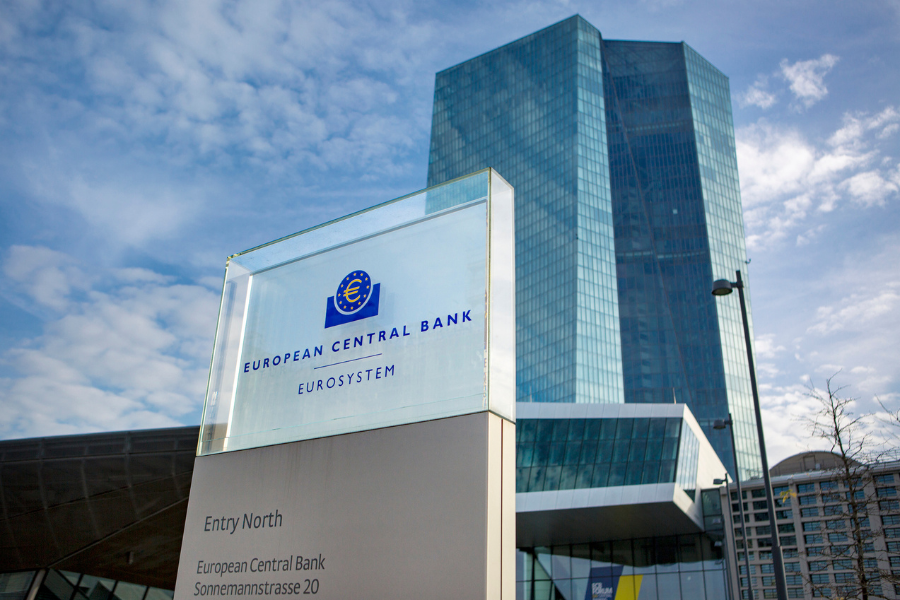

Euro-area inflation unexpectedly quickened, an outcome that may make the European Central Bank warier about cutting interest rates further.
Consumer prices rose 2.6% in July from a year earlier, Eurostat said on Wednesday. That exceeded the 2.5% result in June, which was also the median estimate of analysts in a Bloomberg survey.
Core inflation, which excludes volatile components like food and energy, held at 2.9% for a third month. Economists had forecast a slight deceleration.
The report is one of two crucial monthly inflation readings that will inform ECB officials before their Sept. 11-12 meeting, when investors expect them to follow up their initial rate cut in June with a second move.
Money markets held wagers on the scope for interest-rate cuts steady, betting on 57 basis points of easing by year-end, while a quarter-point reduction in September remains all but certain.
Another significant factor for ECB policymakers may be indications of any prospective easing by the US Federal Reserve, whose latest decision is due on Wednesday.
The euro-zone reading follows diverging reports from across the region. In its biggest economy, Germany, price growth unexpectedly accelerated, while Spain’s outcome showed a surprisingly drastic slowdown. France and Italy also saw higher rates.
Policymakers watching for any lingering price pressures are paying particularly close attention to services, which they judge to be an area most at risk of rising wages.
The data showed inflation there to be 4% in July, slowing for the first time in three months.
“Deviations can ultimately turn out to be a one-off, but they could also be more systematic,” ECB Executive Board member Isabel Schnabel said last week. “That is why we are currently looking so closely at services inflation, because it has several times been higher than expected of late.”
Consumer-price growth has now exceeded the 2% goal in every month since the middle of 2021, frustrating policymakers after an initial slowdown effectively stalled and turned their task into a longer-term slog.
The ECB reckons that inflation will remain above the target “well into next year,” President Christine Lagarde warned earlier in July.
Further complicating the central bank’s judgment is evidence of uneven growth in data released this week. Germany’s economy unexpectedly shrank in the second quarter, while France and Spain both outperformed forecasts, and Italy slowed slightly.
Investors are currently pricing in at least two more rate cuts this year.

Relationships are key to our business but advisors are often slow to engage in specific activities designed to foster them.

Whichever path you go down, act now while you're still in control.

Pro-bitcoin professionals, however, say the cryptocurrency has ushered in change.

“LPL has evolved significantly over the last decade and still wants to scale up,” says one industry executive.

Survey findings from the Nationwide Retirement Institute offers pearls of planning wisdom from 60- to 65-year-olds, as well as insights into concerns.
Streamline your outreach with Aidentified's AI-driven solutions
This season’s market volatility: Positioning for rate relief, income growth and the AI rebound
